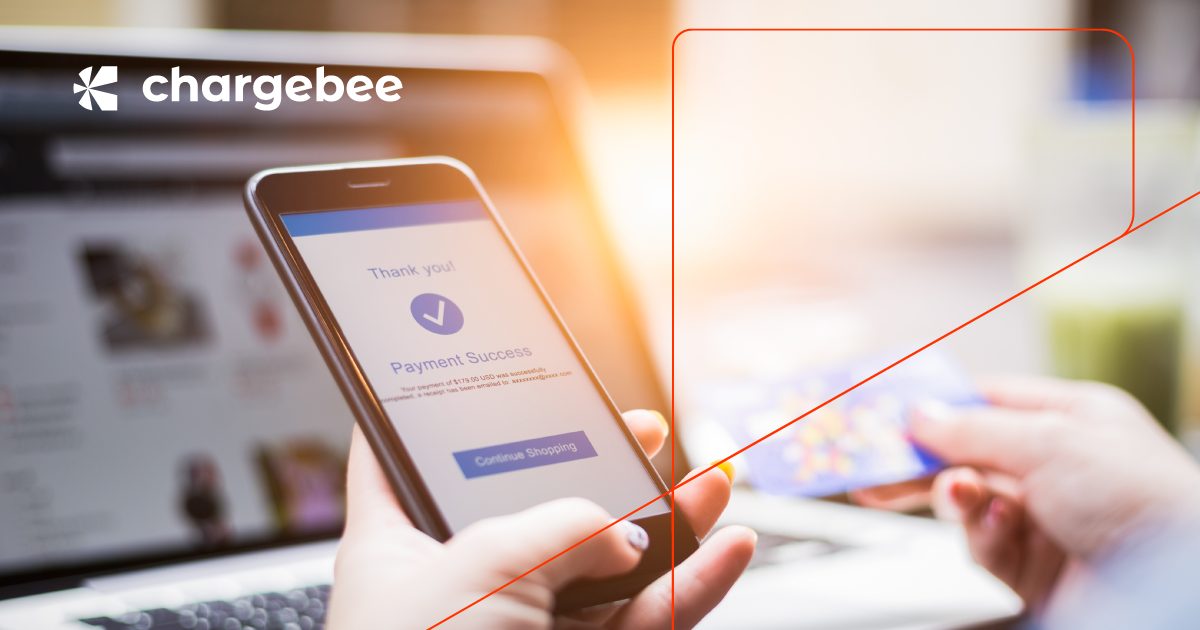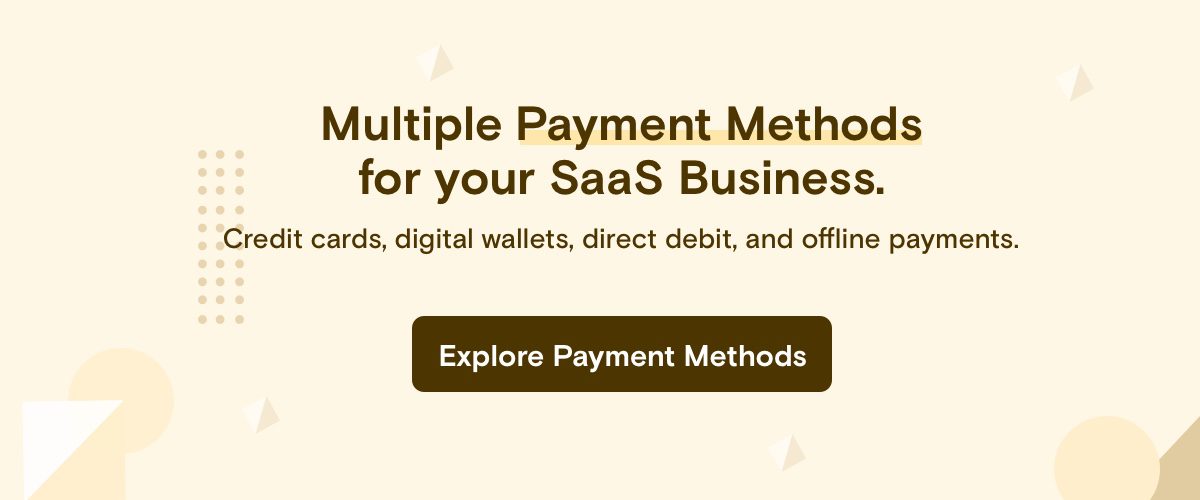Most SaaS startups choose Stripe, BraintreePayments, and Checkout.com before choosing any other payment gateway provider. At least these are the popular options we hear about with the launch of a new wave of payment startups.
Pay by PayPal account is still one of the popular choices amongst small businesses in Europe and small businesses in North America. It is because it has been the most popular choice for almost a decade.
- We are interchangeably using the word PayPal to refer to PayPal Standard.
Pros of using Paypal:
1. Easy to set up
To get started with selling online through PayPal, you simply need to copy and paste existing code to your website to have “add cart” and “view cart” buttons.
2.Brand Name and Recognition
PayPal is used all over the world and its brand recognition instills confidence to customers shopping online. PayPal’s brand recognition is 72% compared to other payment gateways whose recognition is below 50%.
3. No monthly fees
PayPal does not charge fixed monthly fees. Merchants are only charged when they sell.
4. Huge potential customer base
PayPal is the most widely accepted online payment processor. The company has 137 million active accounts from users in 193 countries.
5. Ease of execution
Integrating PayPal on your website is easy and does not require any financial investment. You don’t need a merchant account to accept credit card payments through PayPal.
6. Accept international payments
PayPal enables merchants to accept 24 main international currencies.
7. Keeping track of transactions
You can easily see your inbound and outbound transactions with the click of a mouse. You can also download your total transaction history.
Cons of using Paypal:
Despite the many benefits of PayPal, it has some disadvantages. In particular, subscription-based businesses face a number of challenges when using PayPal to process payments. Some of the challenges include:
1. Hidden Fees
While PayPal waives the fees for many transactions, this is mostly applicable for transactions with other PayPal account holders. Non-PayPal transactions can be expensive for subscription billing customers. For example, business and premiere accounts are charged about 1.9-2.9 percent plus $0.30 per transaction. Sellers charging small recurring payments will find PayPal expensive for their transactions.
Here is a good overview of PayPal’s hidden fees.
2. Strict Rules
Since September 2011, PayPal has been stricter with watching its customers’ transactions. Any slight change in your average transaction value can lead to your account being frozen and the money “locked in”. The worst thing is that PayPal does not provide an explanation for freezing or closing accounts. Moreover, sellers cannot appeal the company’s decision.
3. Poor Customer Service
PayPal fares poorly when it comes to customer service. The company has tried to automate its customer service by providing quick links to frequently asked questions or problems that users may experience. Most of the time, merchants will receive generic emails when they send an email needing help.
It is very difficult to get someone on the line to talk to and customer support seems to have been outsourced to an overseas team that really has no power to make any decisions on the customers’ accounts. Check the frustrations of other users on the PayPal forum.
4. No Third-Party Arbitration
In case of chargebacks or disputes between merchants and customers, PayPal has the final word on what action will be taken in a transaction. If they want, they can “freeze” your account without giving you any reason. This is outlined in the arbitration policy.
Most of the time, sellers find themselves on the losing end as the company seems to favor customers more. Moreover, there is no space for outside arbitration and no way of knowing how a transaction investigation is progressing.
5. Painstaking Verification Process
While setting up an account is easy, getting the account “verified” can be a hassle. You have to provide your credit card number and, in some cases, your bank account details for your account to be verified. The verification process is done automatically but additional verification such as faxing utility bills and a government-issued ID may be required.
Read the most frequently asked questions on the PayPal verification process.
6. Chargeback Protection for Bad Customers
PayPal is vulnerable to fraud and most of the time, returns funds to the owners of the affected accounts. Subscription billing companies need to find ways to protect themselves from fraudulent PayPal transactions. One of the ways of addressing this issue is restricting the use of PayPal to certain countries or to users with “verified” PayPal accounts. Chargebacks are a big threat to subscription companies.
Depending on who your target customers are, you may or may not want to work with PayPal. But remember, PayPal processes 60% of web transactions.
So, as a subscription business, what are your challenges with PayPal?
P.S. Here’s a list of the best alternative payment options to PayPal that you should check out.


